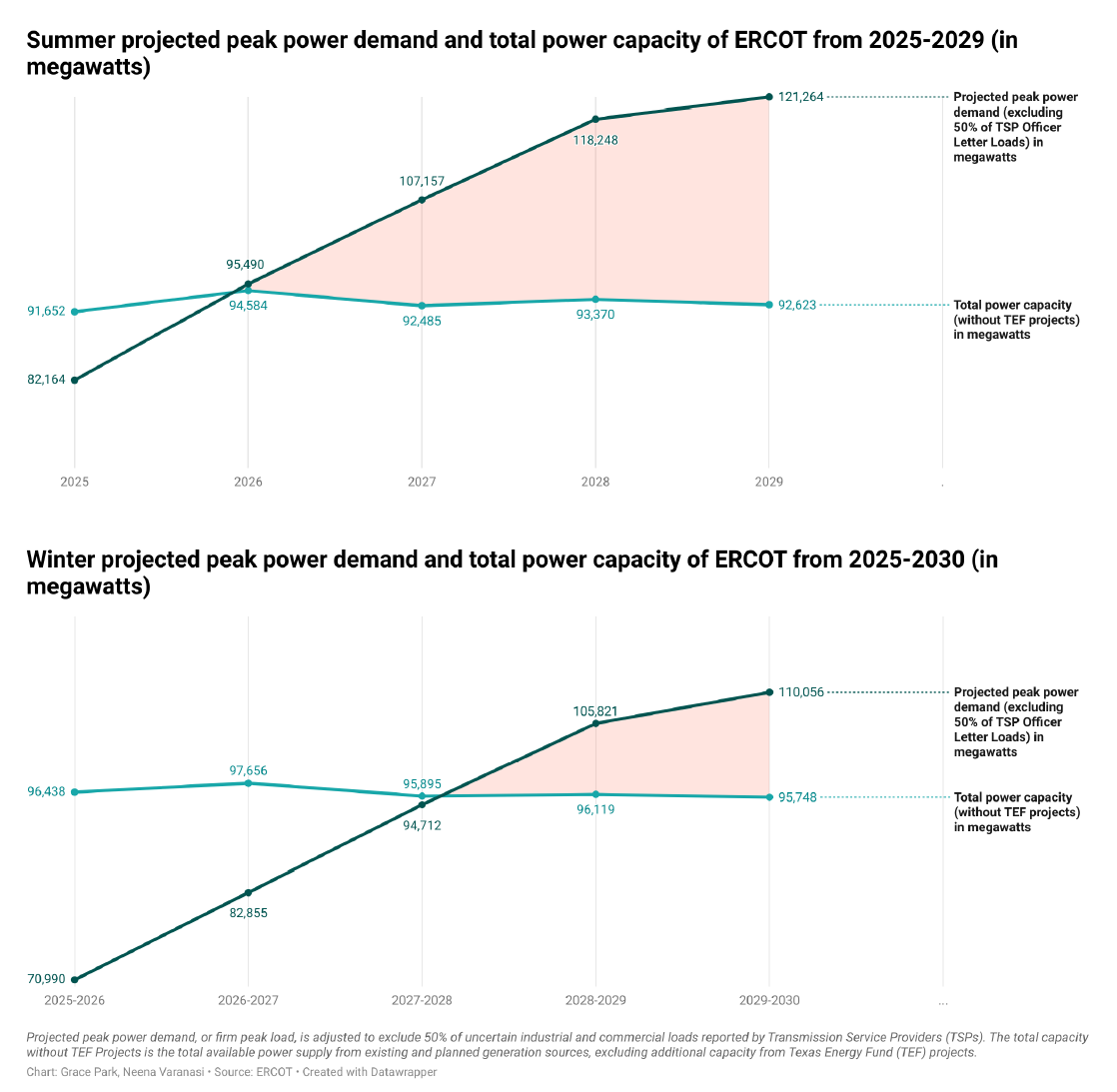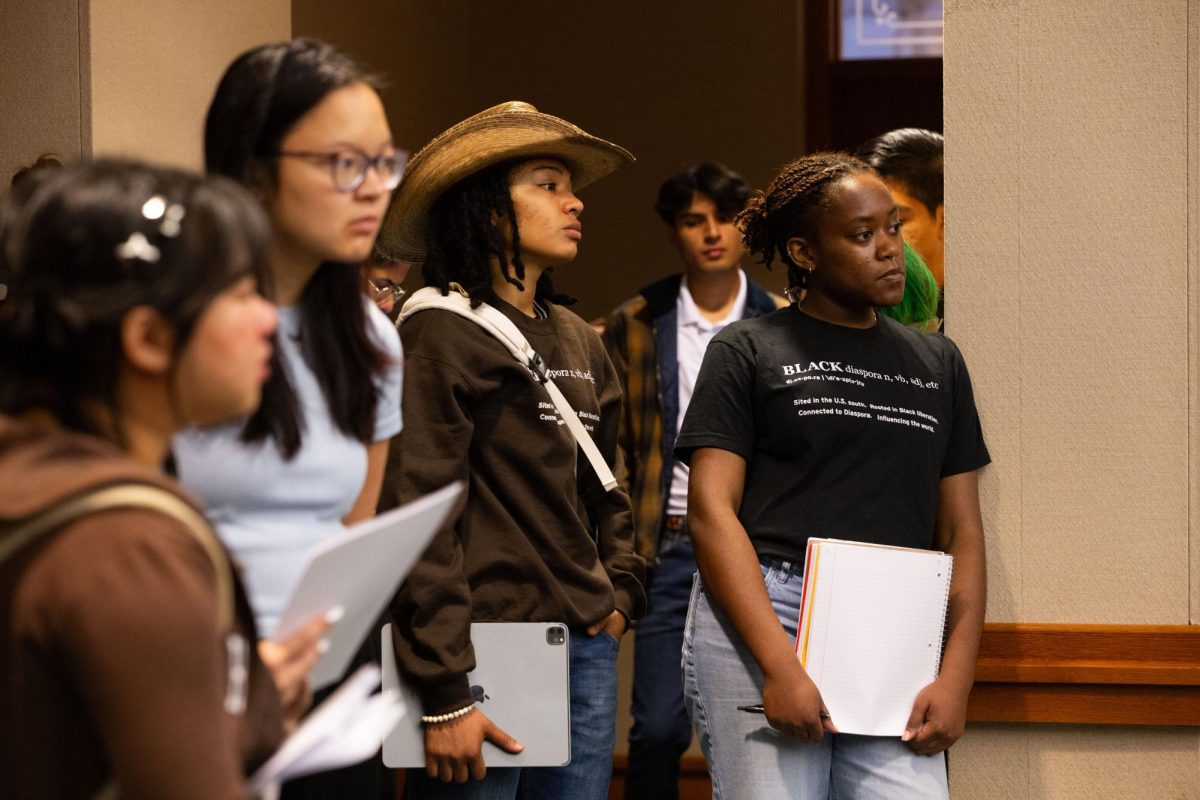A committee of higher education leaders and faculty from across the U.S. released a list of recommendations to the Department of Education March 13, enumerating ways to help students enroll in, pay for and graduate from college.
Among the three dozen recommendations are measures that would permit students to file one Free Application for Federal Student Aid for multiple years, simplify the FAFSA form and provide more accessible information about financial aid to students.
The Higher Education Committee of 50, actually made up of 47 individuals, was created in 2017 with help from the Bill and Melinda Gates Foundation and the National Association of Student Financial Aid Administrators, which advocates for removing financial barriers to college.
These recommendations come as Congress plans to reauthorize the Higher Education Act of 1965, a set of rules that govern how higher education is run on a federal level. The reauthorization process updates the act and adjusts it to suit it to modern needs.
Consuela Perez, director of enrollment resources for Southern Methodist University and one of the three committee members from Texas, went to Capitol Hill on Thursday to advocate for the recently released recommendations.
“Given that we have that policy window, our timing couldn’t be better to be there advocating for higher education policies that are going to benefit not only students, but families, students and taxpayers alike,” Perez said. “I really do believe that some of our recommendations may sink through into reauthorization this year.”
The committee split into four divisions to tackle different barriers for student financial aid — access, affordability, transparency and accountability.
Stephanie Huie, UT System’s vice chancellor for the Office of Strategic Initiatives, was a member of the transparency division of the committee. She said her focus was making the complex financial aid process understandable to students. Huie’s department at the UT System is responsible for seekUT, a resource for students and families financially planning for college.
“We’re particularly thinking about those students and families who may be first-generation college students,” Huie said. “They don’t have someone who’s been there before to guide them. We want to make sure that financial aid is open to everyone, and that everyone is able to understand and participate in the process and not be scared off because it seems too complicated or complex.”
Perez, a member of the access division, said she was interested in increasing access to wireless internet for students who live in “internet deserts,” where there is limited broadband internet access.
“We believe that having virtual access to information is critical to increasing access to post-secondary education,” Perez said. “If people don’t have access to information — now that most information is conveyed virtually — how do we expect them to be able to understand how to apply to college?”
Joey Williams, communications director for the Office of the Executive Vice President and Provost, said because the recommendations “lack detail” for how they should be carried out, the office cannot comment on how it might affect financial aid at UT.
“This university is very focused on removing barriers for students in the financial aid process and has made significant efforts in recent years to do so,” Williams said in an email. “We really can’t respond as to how these might impact our processes due the complexity and nuances that impact the financial aid processes here at UT Austin.”




















